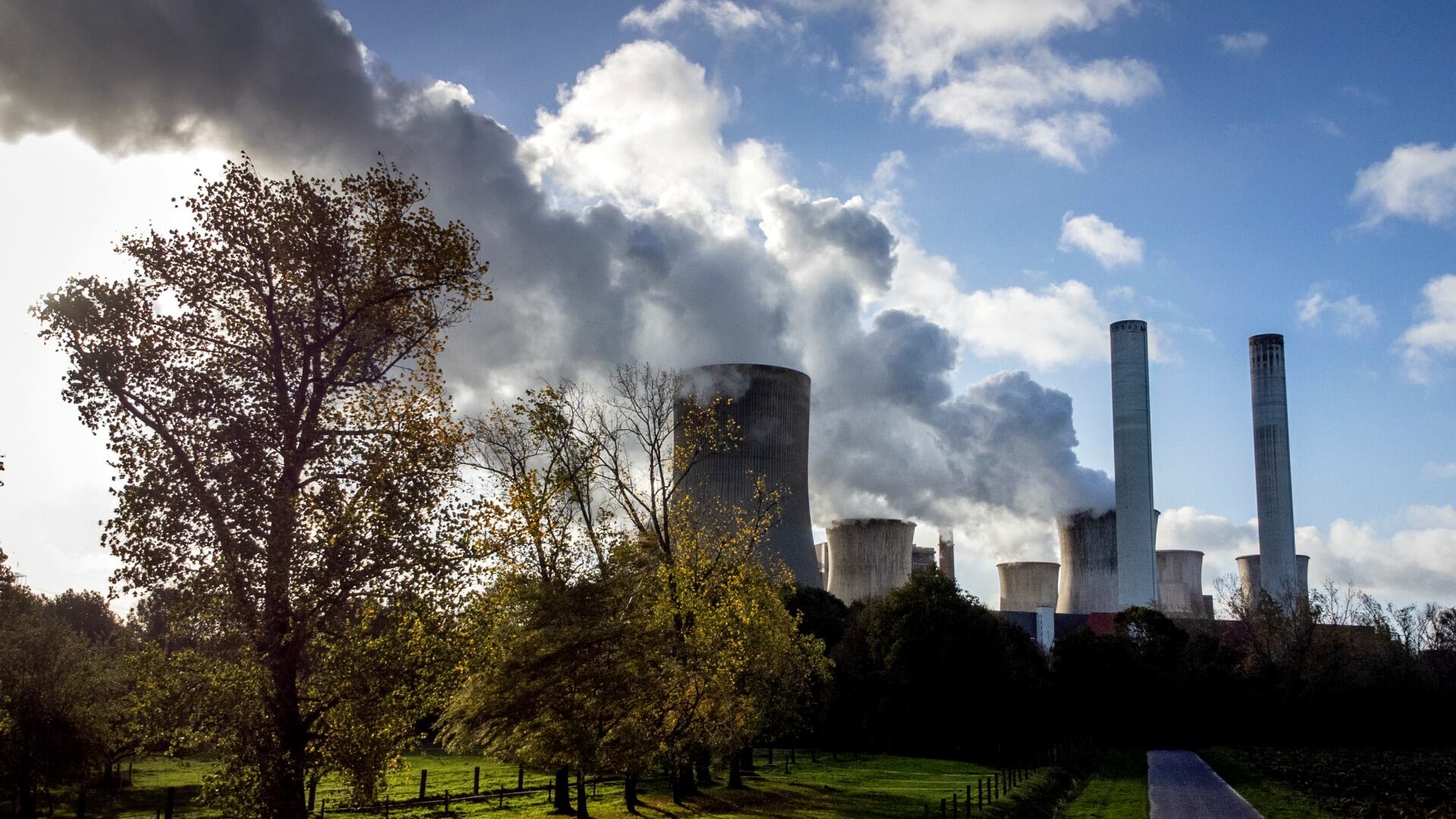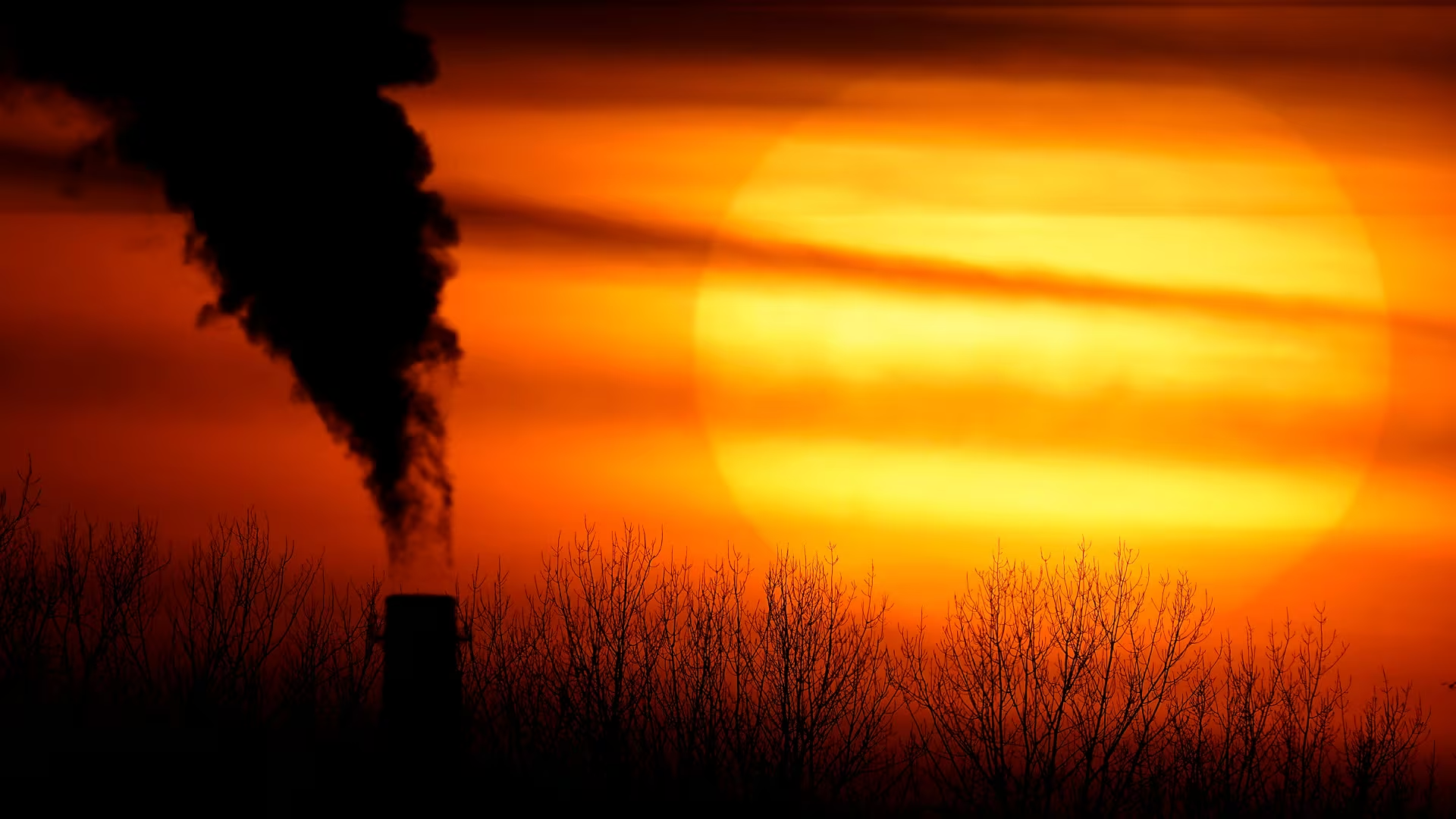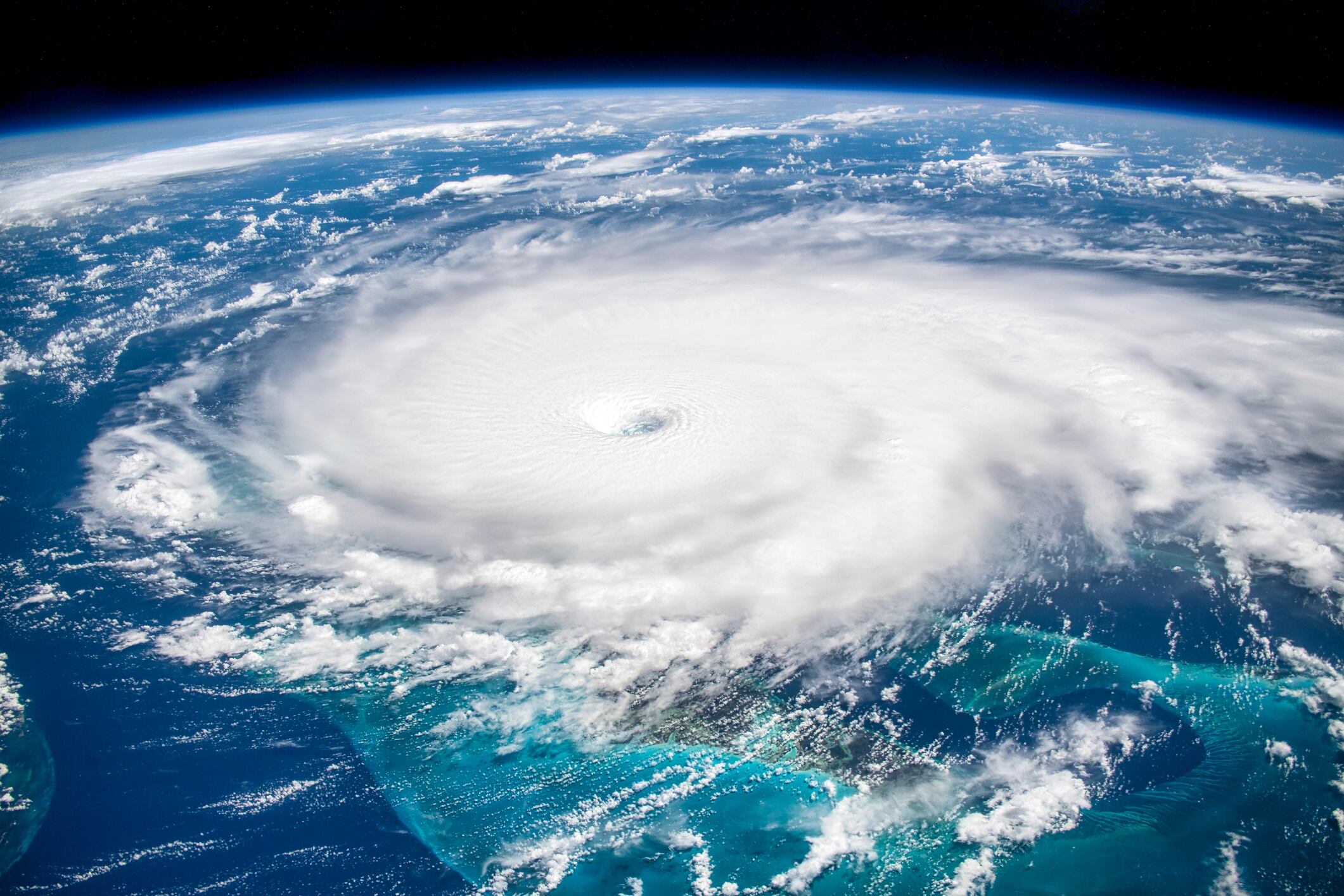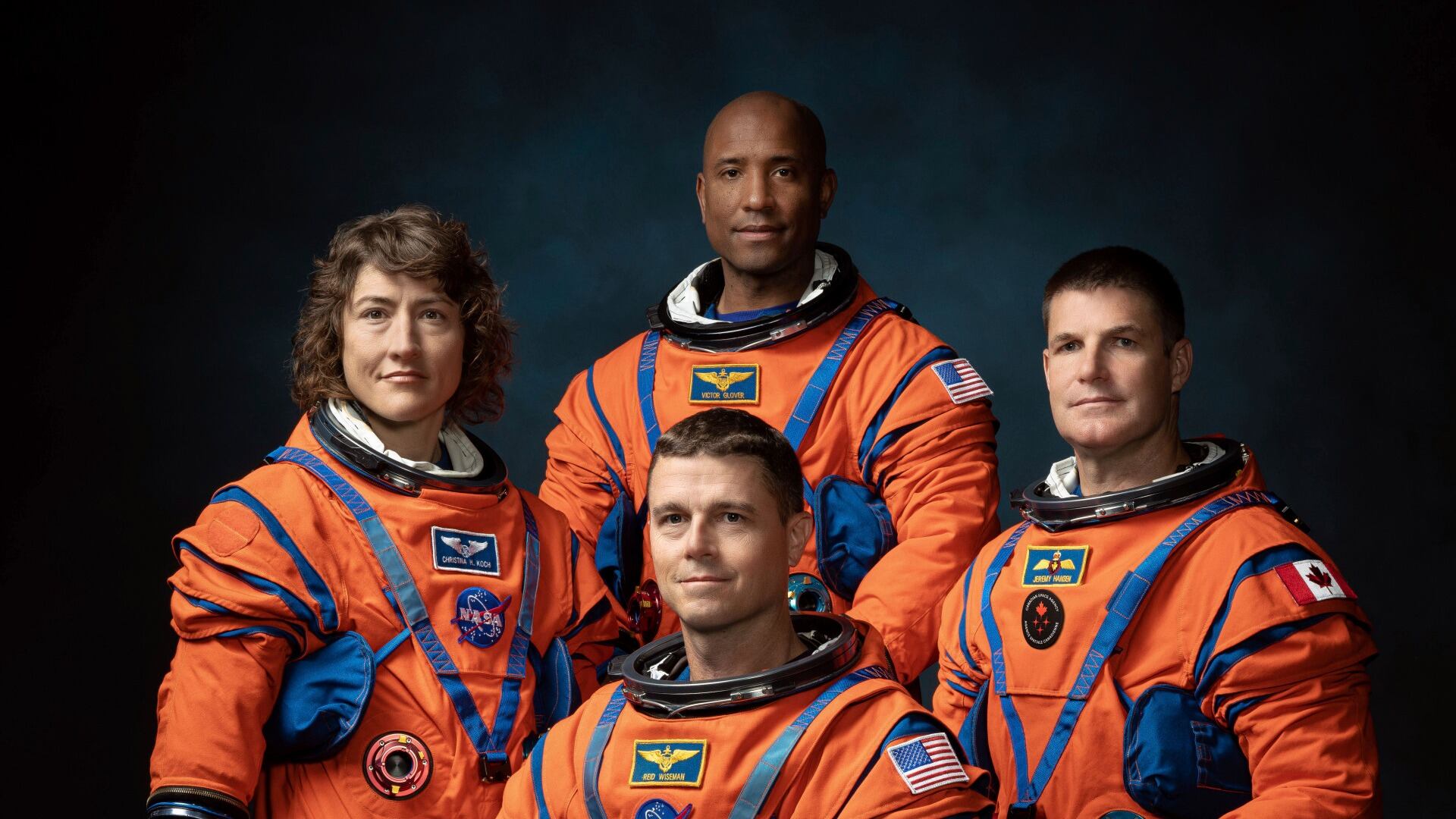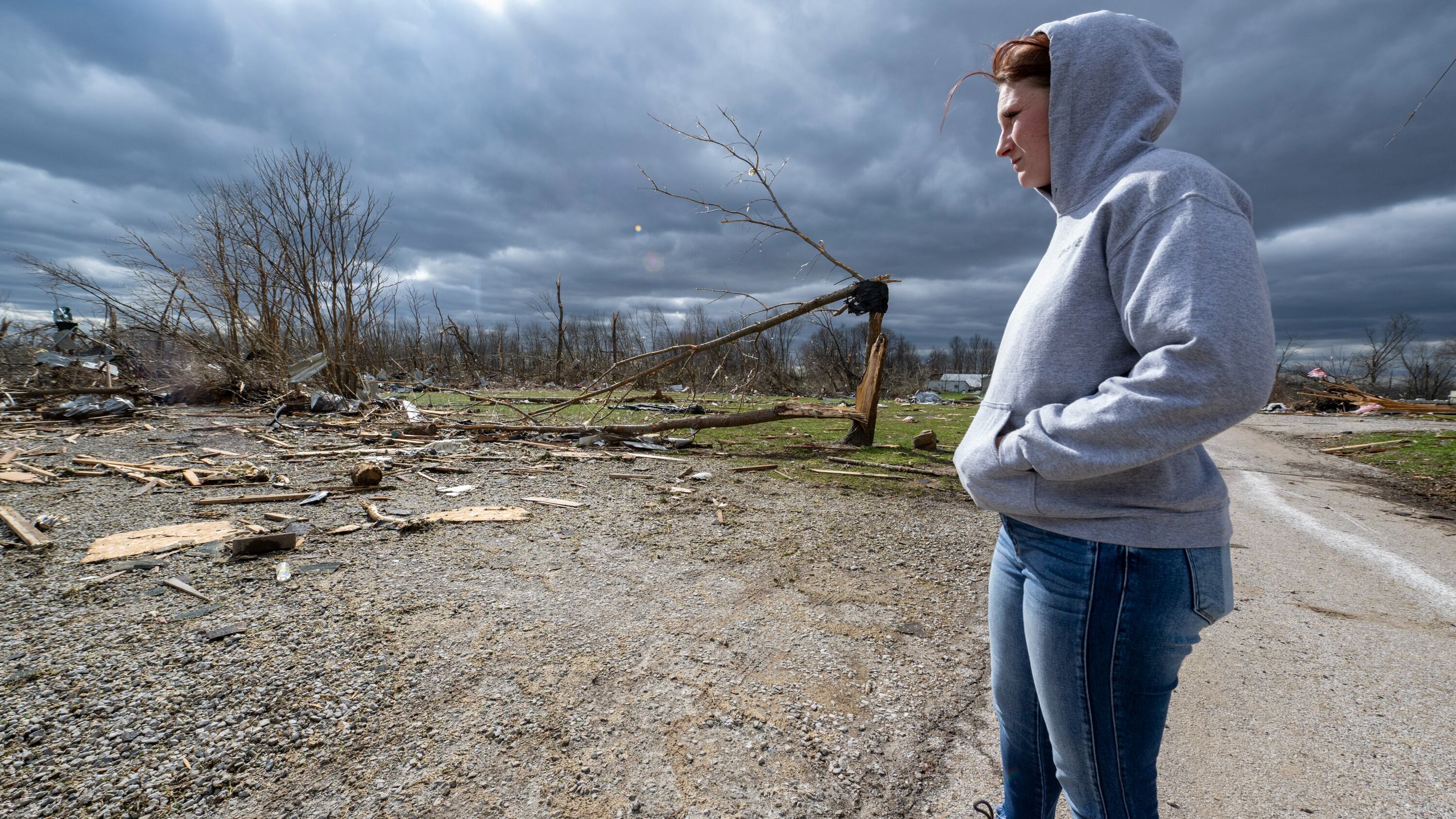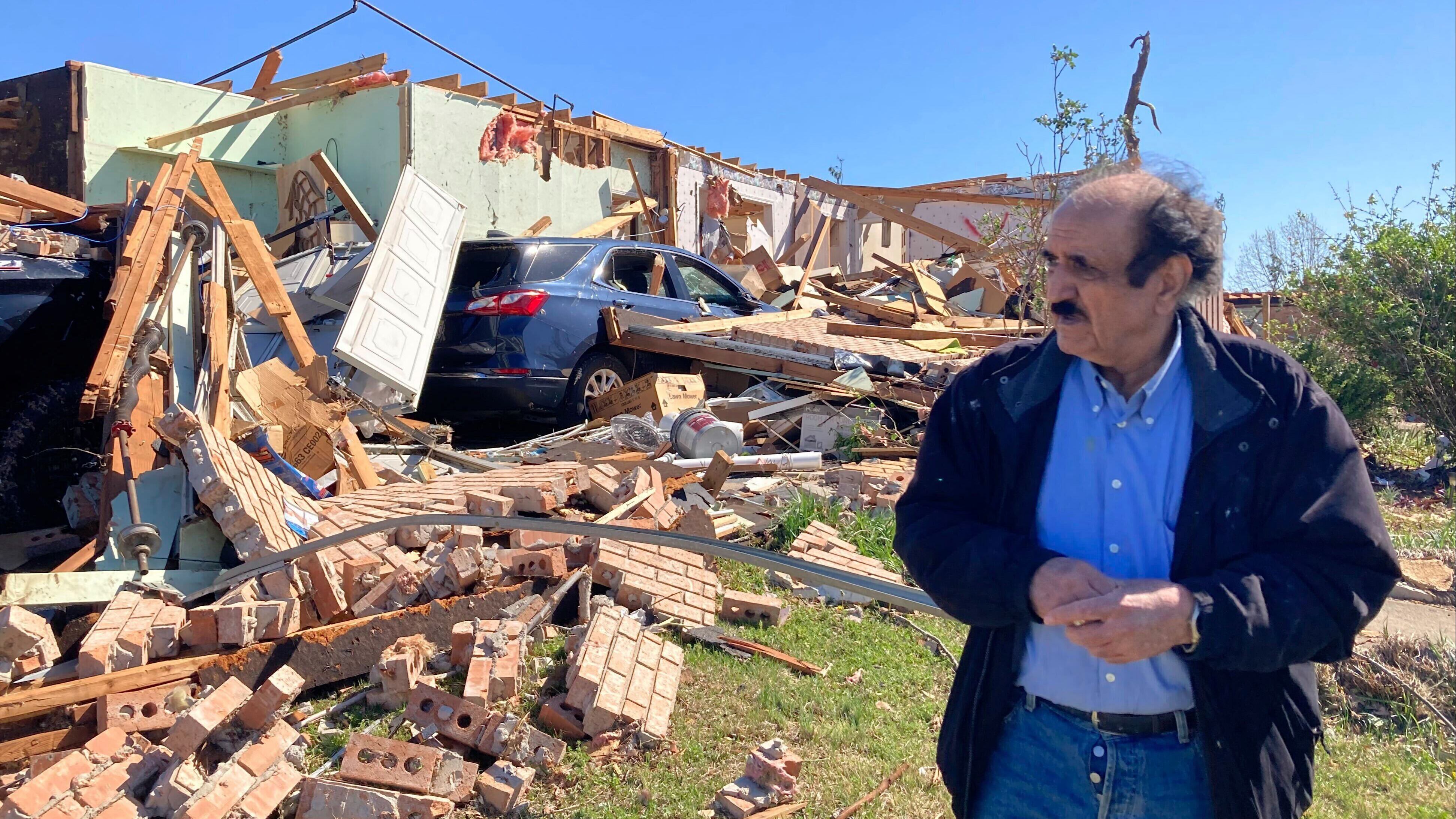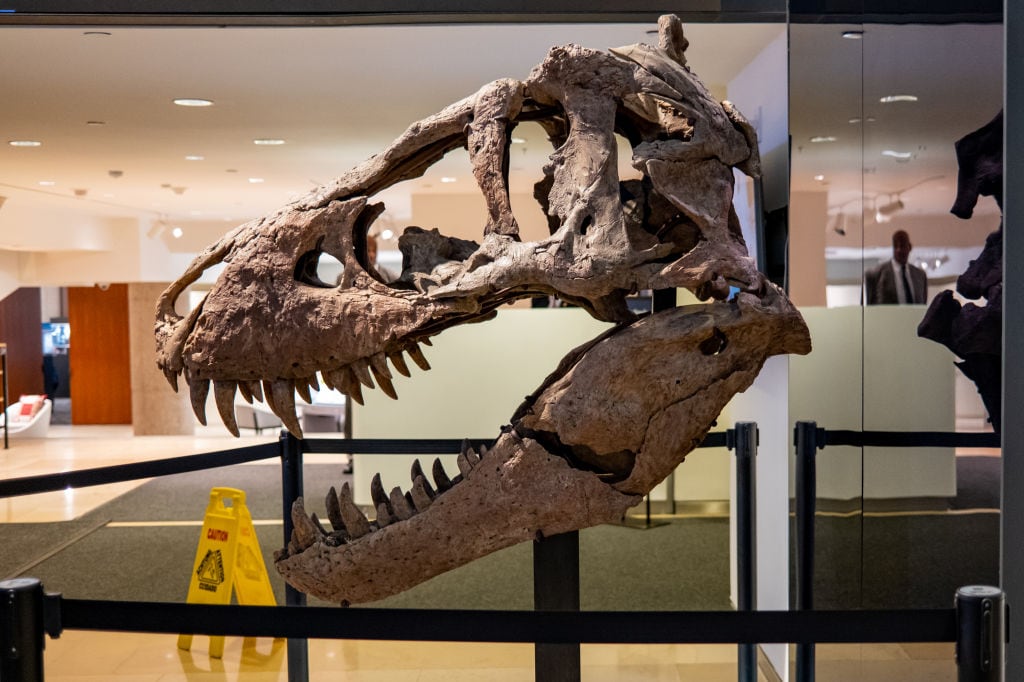CLIMATE CHANGE AND SLEEP
A new study shows that climate change is making it harder to fall asleep. The study, published in Cell Press over the weekend, shows that millions of people are already sleeping less because of higher overnight temperatures. The study looked at people in 68 countries and found that when nights were hotter than 86 degrees, people slept 14 minutes less. That averages out to over 44 hours per year. Here in the U.S., at least 30 percent of adults in most areas reported sleeping less than 7 hours per night, with as many as 43 percent in areas of the south and west. The elderly and people in low-income countries were the most impacted, with the study citing a lack of air conditioning as an issue.
MOSQUITO STUDY
Finally, a couple weeks ago we told you about the study showing that your coconut body wash might stop mosquitoes from biting you. Well now, there's new research showing that your body odor is also a major factor. The study, published in Current Biology, showed that carboxylic acids, a compound that's produced by bacteria on your skin, was the most attractive to mosquitoes. On the flipside, one subject who had higher levels of eucalyptol, a chemical found in the eucalyptus tree, repelled the mosquitoes the most. Unfortunately, these scents can be so subtle that showering or wearing stronger deodorant probably won't be enough to trick the flying pests, but this research could help develop better repellants or traps for mosquitoes in the future.
The capacity to burn coal for power went up in 2022 despite global promises to phase down the fuel that’s the biggest source of planet-warming gases in the atmosphere, a report Wednesday found.
Dr. Sandra Lee (aka Dr. Pimple Popper) visited Cheddar News to give viewers a sneak peak of season nine of her TV show, which features the dermatologist popping — you guessed it — pimples.
The Environmental Protection Agency is tightening rules that limit emissions of mercury and other harmful pollutants from coal-fired power plants.
According to a Washington Post article, 82 percent of people get their weather updates on their phones, and there are more than 10,000 weather apps to choose from. The article breaks down the pros and cons of each app.
Some 9.2 million lead pipes carry water into homes across the U.S., with more in Florida than any other state, according to a new Environmental Protection Agency survey that will dictate how billions of dollars to find and replace those pipes are spent.
At least 32 people are dead after violent storms swept through the South and Midwest.
NASA on Monday named the four astronauts who will fly to the moon by the end of next year, including one woman and three men.
Blame geography for the U.S. getting hit by stronger, costlier, more varied and frequent extreme weather than anywhere on the planet, several experts said. But that's only part of it.
Residents across a wide swath of the U.S. raced Sunday to assess the destruction from fierce storms that spawned possibly dozens of tornadoes from the South and the Midwest into the Northeast.
Good2Know is your daily dose of the stories that could impact your life.
